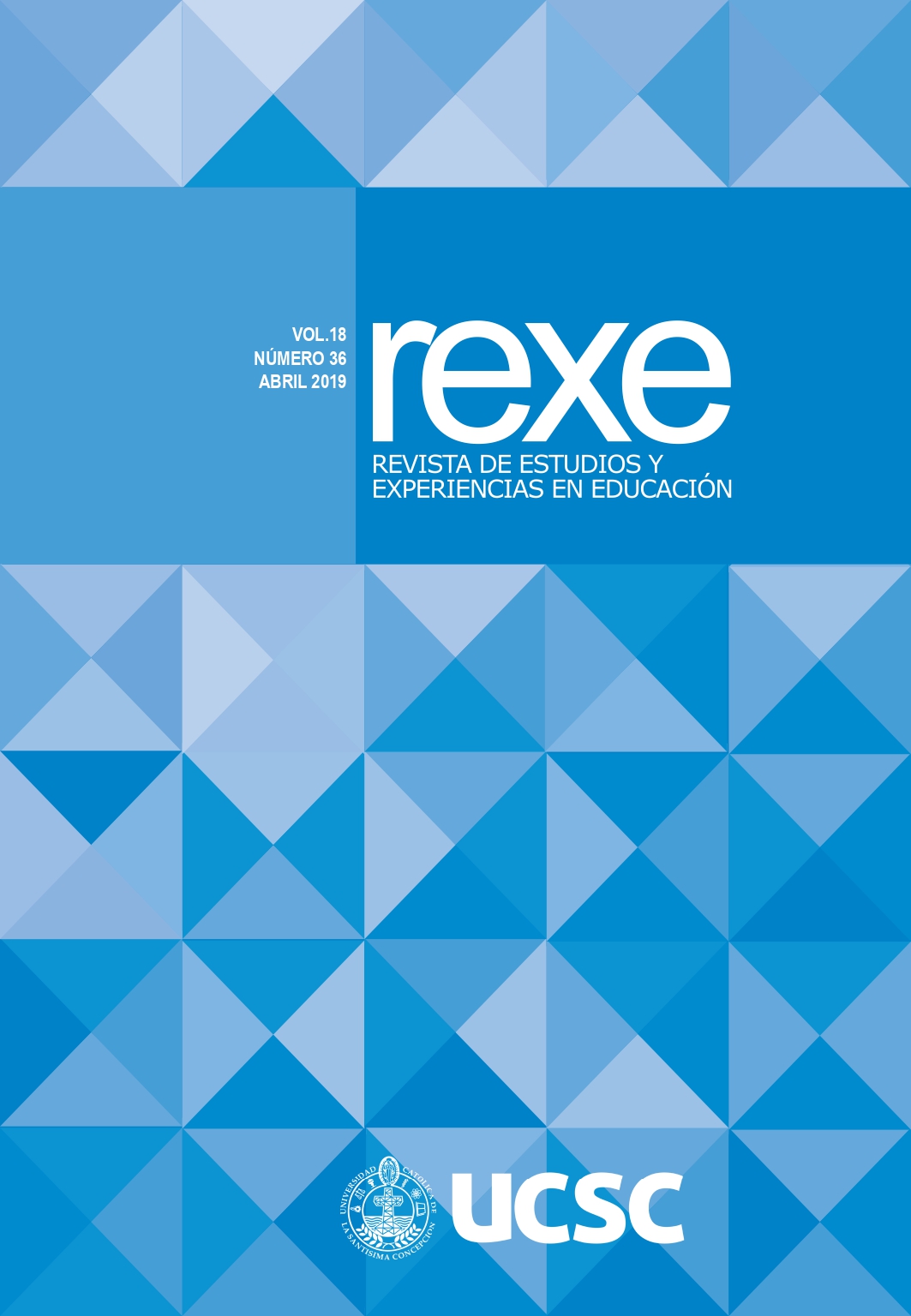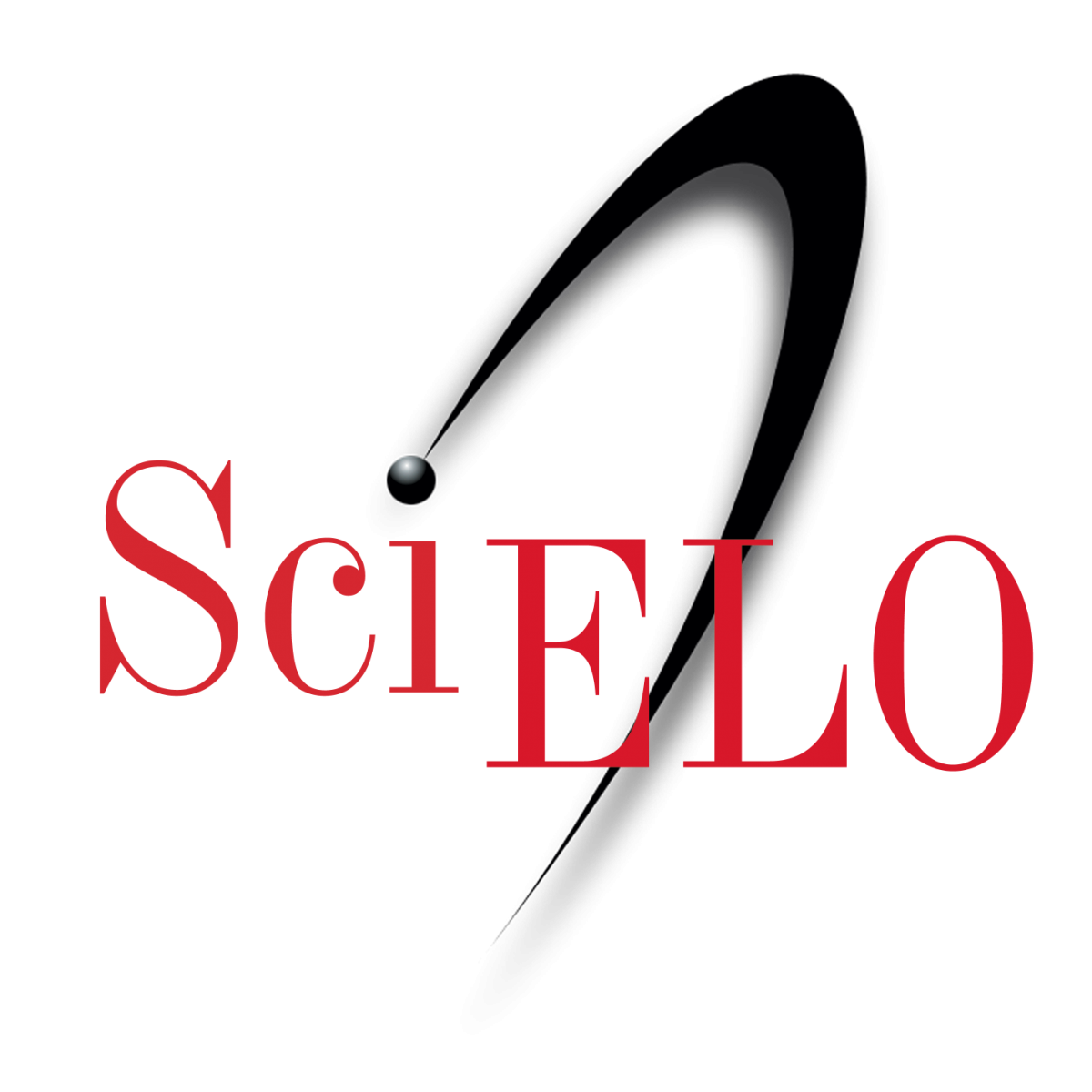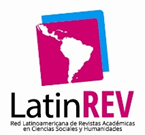Collaborative learning: innovative experience with university students
DOI:
https://doi.org/10.21703/rexe.20191836guerra5Keywords:
Cooperative learning, Peer education, Innovation education, Active learning, European Higher Education AreaAbstract
The proposal of the European Higher Education Area to improve the quality of teaching, focuses on giving prominence to the student through active learning (Florido, Jiménez y Santana, 2011) creating educational scenarios that allow students to self-regulate their learning and incorporate new strategies during the training process (Boud, Cohen & Sampson, 2014, Johnson & Johnson, 1990). The objective of our work was to know the perception of social education students of cooperative learning after the realization of the experience. To do this, the students would participate in a cooperative learning innovation experience by developing, teaching and evaluating a conflict resolution workshop for their peers of the primary school teaching degree. We use a 10-item self-report questionnaire that covers four dimensions of cooperative learning. Students consider cooperative learning as a model of active learning beneficial. The most valued dimension in this learning model is social skills followed by group processing, face-to-face interaction and positive interdependence.
Downloads
References
Álvarez, R. C., y Onrubia, J. (1990). Interacción educativa y aprendizaje escolar: la interacción entre alumnos/as. En Desarrollo psicológico y educación (pp. 415-436). Alianza Editorial.
Bagozzi, R. (2010). Structural equation models are modeling tools with many ambiguities: Comments acknowledging the need for caution and humility in their use. Journal of Consumer Psychology, 20 (2), 208-214. https://doi.org/10.1016/j.jcps.2010.03.001 DOI: https://doi.org/10.1016/j.jcps.2010.03.001
Bonals, J., y Sanchez, M. (2007). Manual de asesoramiento psicopedagógico. Barcelona: Grao.
Bonvecchio, M., & Maggioni, B. (2006). Evaluación de los aprendizajes manual para docentes. Buenos Aires: Ediciones Novedades Educativas.
Bordas, M., y Cabrera, F. (2001). Estrategias de evaluación de los aprendizajes centrados en el proceso. Revista Española de Pedagogía, 218, 25-48.
Boud, D., Cohen, R., & Sampson, J. (Eds.). (2014). Peer learning in higher education: Learning from and with each other. Routledge. DOI: https://doi.org/10.4324/9781315042565
Boud, D. (2000). Sustainable Assessment: Rethinking Assessment for the Learning Society. Studies in Continuing Education, 22 (2), 151-167. https://doi.org/10.1080/713695728 DOI: https://doi.org/10.1080/713695728
Bretones, A. (2008). Participación del alumnado de Educación Superior en su evaluación. Revista de Educación, 347, 181-202.
Brown, G., & Atkins, M. (2002). Effective teaching in higher education. Routledge. DOI: https://doi.org/10.4324/9780203221365
Cardozo, J. (2010). Los aprendizajes colaborativos como estrategia para los procesos de construcción de conocimiento. Revista Educación y desarrollo social, 4 (2), 87-102.
Delors, J. (1996) Education: the necessary utopia. In: Learning: he Treasure Within. Report of the International Commission on Education for the Twenty-irst Century (pp.13-35). Paris: UNESCO. DOI: https://doi.org/10.7788/ijbe.1996.24.1.253
Díaz, C., y Enríquez, G. (2017). El aprendizaje cooperativo integrado al estudio de casos en la activacion de la formación de ingenieros industriales. Universidad y Sociedad, 9 (2), 68-75.
Díaz, F., y Hernández, G. (2002). Estrategias para un aprendizaje significativo, una interpretación constructivista. Mexico: Mcgraw-hill/interamericana editores, S.A.
Estrada, M., Monferrer, D., y Moliner, M. (2016). El aprendizaje cooperativo y las habilidades socioemocionales: una experiencia docente en la asignatura Técnicas de Ventas. Formación Universitaria, 9 (6), 43-62. https://doi.org/10.4067/S0718-50062016000600005 DOI: https://doi.org/10.4067/S0718-50062016000600005
Florido, C., Jiménez, J. L., y Santana, I. (2011). Obstáculos en el camino hacia Bolonia: efectos de la implantacion del Espacio Europeo de la Educación Superior (EEES) sobre los resultados académicos. Revista de Educación, (354), 629-656. https://doi.org/10.4438/1988-592X-RE-2011-354-014
Fjermestad, J., & Hiltz, S. (2001). Group support systems: a descriptive evaluation of case and ield studies. Journal of Management Information Systems, 17 (3), 115-60. DOI: https://doi.org/10.1080/07421222.2000.11045657
Fresneda, R. (2017). La opinión de los/as estudiantes sobre el aprendizaje cooperativo para la mejora de la práctica docente. In Investigación en docencia universitaria: Diseñando el futuro
a partir de la innovación educativa (pp. 548-553). Barcelona: Octaedro.
Gardner, H. (2002). La mente no escolarizada. Cómo piensan los niños y cómo deberían enseñar las escuelas. Buenos Aires: Ediciones Paidos Iberica S.A.
Godoy, I. y Madinabeitia, S. (2016). El desarrollo de la autonomía mediante las técnicas de aprendizaje cooperativo en el aula de l2. Porta Linguarum: revista internacional de didáctica de las lenguas extranjeras, (25), 179-190. https://doi.org/10.30827/Digibug.53915 DOI: https://doi.org/10.30827/Digibug.53915
González, C.; Valle, A.; Rodríguez, S.; García, M., y Mendiri, P. (2007). Programa de intervención para mejorar la gestión de los recursos motivacionales en estudiantes universitarios. Revista Española de Pedagogía, 65 (37), 237-256.
Guitert, M. (2011). Time Management in Virtual Collaborative Learning: he Case of the Universitat Oberta de Catalunya (uoc). eLearn Center Research Paper Series, (2), 5-16.
Guzmán, K., y Rojas-Drummond, S. (2012). Escritura colaborativa en alumnos de primaria. Un modo social de aprender juntos. Revista Mexicana de Investigación Educativa, 17 (52), 217- 245.
Johnson, D., & Johnson, R. (1999). Making cooperative learning work. Theory into practice, 38 (2), 67-73. https://doi.org/10.1080/00405849909543834 DOI: https://doi.org/10.1080/00405849909543834
Johnson, D., & Johnson, R. (1990). Cooperative learning and achievement. In S. Sharan (Ed.), Cooperative learning: Theory and research (pp. 23-37). New York: Praeger.
Johnson, D., & Johnson, R. (1987). Learning together and alone: Cooperative, competitive, and individualistic learning. Prentice-Hall, Inc.
Johnson, D., Johnson, R. y Holubec, E. (1999). El aprendizaje cooperativo en el aula. Barcelona: Piados Educador.
Keppell, M., Au, E., Ma, A., & Chan, C. (2006). Peer learning and learning‐oriented assessment in technology‐enhanced environments. Assessment & Evaluation in Higher Education, 31 (4), 453-464. https://doi.org/10.1080/02602930600679159 DOI: https://doi.org/10.1080/02602930600679159
Kidder, D., y Bowes-Sperry, L. (2012). Examining the influence of team project design decisions on student perceptions and evaluations of instructors. Academy of Management Learning & Education, 11 (1), 69-81. https://doi.org/10.5465/amle.2010.0040 DOI: https://doi.org/10.5465/amle.2010.0040
Leon del Barco, B., Mendo-Lazaro, S., Felipe-Castano, E., Polo del Rio, M. I., y Fajardo-Bullon, F. (2017). Potencia de equipo y aprendizaje cooperativo en el ámbito universitario. Revista de Psicodidáctica, 22 (1), 9-15. https://doi.org/10.1387/RevPsicodidact.14213 DOI: https://doi.org/10.1016/S1136-1034(17)30038-2
Monedero, C., y Duran, D. (2002). Entramados: métodos de aprendizaje cooperativo y colaborativo. Madrid: Edebe.
Reynolds, M., y Trehan, K. (2000). Assessment: A critical perspective. Studies in Higher Education, 25 (3), 267-278. https://doi.org/10.1080/03075070050193406 DOI: https://doi.org/10.1080/03075070050193406
Robinson, D., Schoield, J., & Steers-Wentzell, K. (2005). Peer and cross-age tutoring in math: Outcomes and their design implications. Educational Psychology Review, 17 (4), 327-362. https://doi.org/10.1007/s10648-005-8137-2 DOI: https://doi.org/10.1007/s10648-005-8137-2
Saunders, D. (1992). Peer tutoring in higher education. Studies in Higher Education, 17 (2), 211- 218. DOI: https://doi.org/10.1080/03075079212331382677
Sarrionandia, G.E. (1995). El aprendizaje cooperativo: un análisis psicosocial de sus ventajas respecto a otras estructuras de aprendizaje. En La interacción social en contextos educativos (pp. 167-192). Siglo XXI de España Editores.
Segers, M., & Dochy, F. (2001). New Assessment Forms in Problem-Based Learning: the Value-Added of the Students’ Perspective. Studies in Higher Education, 26 (3), 327-343. https://doi.org/10.1080/03075070120076291 DOI: https://doi.org/10.1080/03075070120076291
Slavin, R.E. (1999). Aprendizaje cooperativo. Teoría, investigación y práctica. Argentina: Aique.
Suarez, C. (2009). Estructura didactica virtual para Moodle. Didáctica, Innovación y Multimedia, (13).
Suarez, C. (2010). Cooperación como condición social de aprendizaje. Barcelona: Editorial VOC.
Vallet-Bellmunt, T., Rivera-Torres, P., Vallet-Bellmunt, I., y Vallet-Belmunt, A. (2017). Aprendizaje cooperativo, aprendizaje percibido y rendimiento académico de la enseñanza de marketing. Educación XX1, 20 (1), 277-297. https://doi.org/10.5944/educxx1.17512 DOI: https://doi.org/10.5944/educxx1.17512
Downloads
Published
Issue
Section
License
Copyright (c) 2019 REXE- Revista de Estudios y Experiencias en Educación

This work is licensed under a Creative Commons Attribution 4.0 International License.
Open Access Policy
This journal provides immediate open access to its content, based on the principle that offering the public free access to research fosters greater global knowledge exchange.
License
The REXE Journal, “Journal of Studies and Experiences in Education,” published by the Faculty of Education at the Universidad Católica de la Santísima Concepción, is distributed under a License. Creative Commons Atribución 4.0 Internacional.






